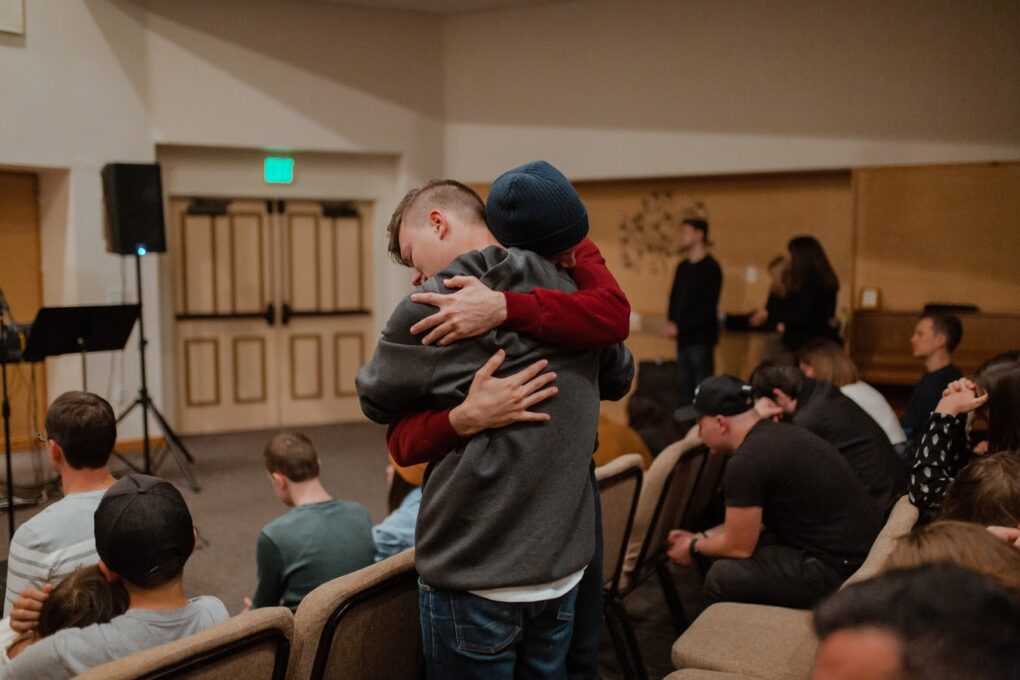
Communicating with someone who has cancer can be a real challenge for those who love them. We are afraid to say too much, to be hurtful, or to seem indifferent, and so we may avoid all communication. Tactful support from relatives, however, can significantly ease the emotional state of the person who has learned about the cancer diagnosis.
Words are not always needed to support a loved one in a difficult situation. Sometimes it is enough to hear a person out, let him share the fears, worries, and bad thoughts out loud. Become a person who is willing to listen. Try to give your full attention to what your loved one is saying. It is good if the conversation takes place in a calm, safe environment where the person can let his feelings go without looking at others.
The role of friendship in cancer cure: a remedy
Being treated for cancer is usually a long and exhausting process. It’s important to stay in touch with your loved ones throughout treatment and after it. It is no easy task to reenter society, understand your limitations, accept all that happened and rebuild relationships with tired family and friends. Moral support during the remission period will help the former patient overcome his or her depressive state and adapt to life after treatment more quickly. Leave your loved ones plenty of personal space, but be attentive to their needs.
Try to keep your relationship as casual as possible. Your loved one’s cancer diagnosis should not be the only topic of conversation – discuss your life events, share the news, go for walks or to cafes. Stay true to yourself – so you can show your loved one that, despite all the challenges, your friendship remains the same. https://invme.com/en/ is the place where one can find the best tips to help a friend with cancer.
Ways to support a friend who has cancer?
After an emotionally exhausting conversation, you might want to say the usual: “if you need help – call me anytime”. Chances are, you will not be approached, because for many of us it is hard to ask for help. Be specific about what you are ready to do. For example, “Next time you go to the hospital, call me and I’ll give you a ride.
The severely ill person is trying with all his strength to retain control over his life and his former autonomy. The last thing he wants is to become a burden to his loved ones. It is easier to accept concrete and easy-to-follow offers of help, and, accordingly, they will do more good than simple promises.

How to talk to someone who has cancer
- There is no single, universal way to communicate with a person who is gravely ill. There are many factors, including psychological characteristics, the person’s character, legal nuances in the country of residence, the person’s religiosity or lack thereof, and a number of others.
- However, a number of principles can be helpful in dealing with such a patient:
- 1) Visit the patient.
- 2) Listen to him or her. Often these patients prefer to talk more than to listen.
- 3) Be able to hear in symbolic turns of speech the meaning of what the patient may want to convey to you.
- 4) Avoid talking about how different they look, this includes weight loss or hair loss after chemotherapy. Do not say phrases like “You finally got rid of the unwanted pounds” or “A short haircut suits you much better”.
- 5) Inappropriate expressions like “You’ve been drinking (smoking, etc.), that’s why you got a tumor,” “You shouldn’t have sunbathed so often,” etc. No one will argue that some tumors are connected to a number of external factors, but in many cases, this connection is not absolute and can cause or intensify the guilt a patient already has. For example, it is known that lung cancer sometimes occurs in people who have never smoked, and conversely, does not develop in heavy smokers.
- 6) You don’t always need “You’ll get over it,” “You’ll be fine,” etc. A phrase that may help a person at first may cause guilt as the disease progresses because the tumor was “stronger” than it.
- 7) Take Action. Don’t wait for the sick person to “let you know” that he needs something. Take the initiative: buy groceries, cook dinner, offer to clean the house, take the child to school. You may do some things together if the condition of the sick person allows it: feeling that someone needs you and you can control the events is very important.
- 8) Do not ask the person to always be cheerful and positive if he is not in a good mood. Instead, tell him and show him that you are with him and will be there for him in any situation.
- At invme.com/en you can learn a lot about what to say to a friend with cancer.

What to write to a friend who has cancer
Make sure your friend understands how important he or she is to you. Demonstrate that you still care about your friend, regardless of changes in their abilities or appearance:
Send frequent short messages or text messages or make short frequent phone calls.
Call your friend at a time that is convenient for them. Schedule a time for them to call you.
Respond to their messages as soon as possible.
Consult with the person that helps them with their daily care to see if they need anything else.
There is more about what to write to those with cancer at https://invme.com/en/

What to talk about with a person who has cancer (examples)
When a close friend has cancer, it’s important to be present and express how much you care. Choose a language that is optimistic and encouraging, but does not give people false hope. Discuss the results of other people’s cancer treatments. Remember that each person is unique, and hearing about other people’s experiences can be helpful.
Here are some examples of appropriate expressions.
- “We will work together to get through this. You don’t fight cancer alone.”
- “I hope for the best for you.”
- “I’m here to help you.” Then follow through and show up in person.

Sometimes the help of friends is not enough. In this case, you can recommend a psychologist to your friend; https://invme.com/en/ service can help you with this. You can leave an inquiry and find a specialist on any topic on this site.





